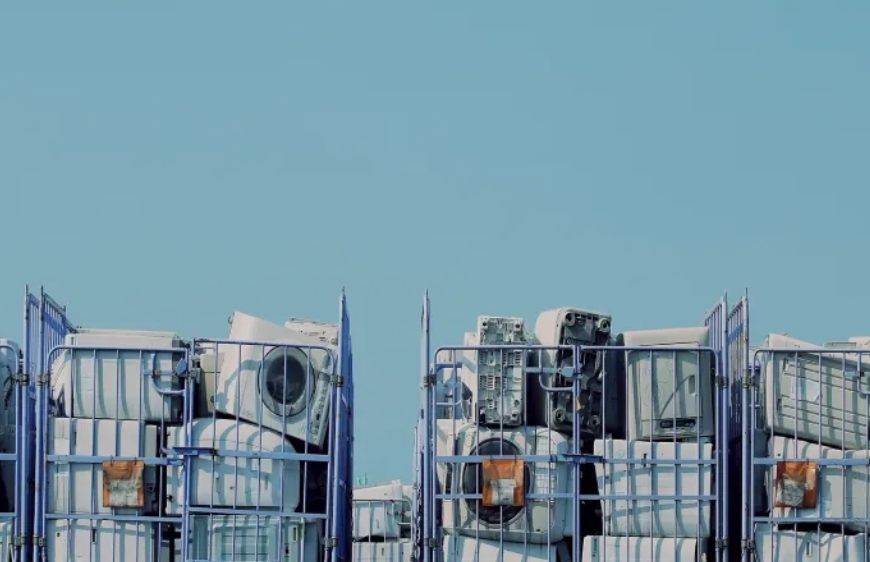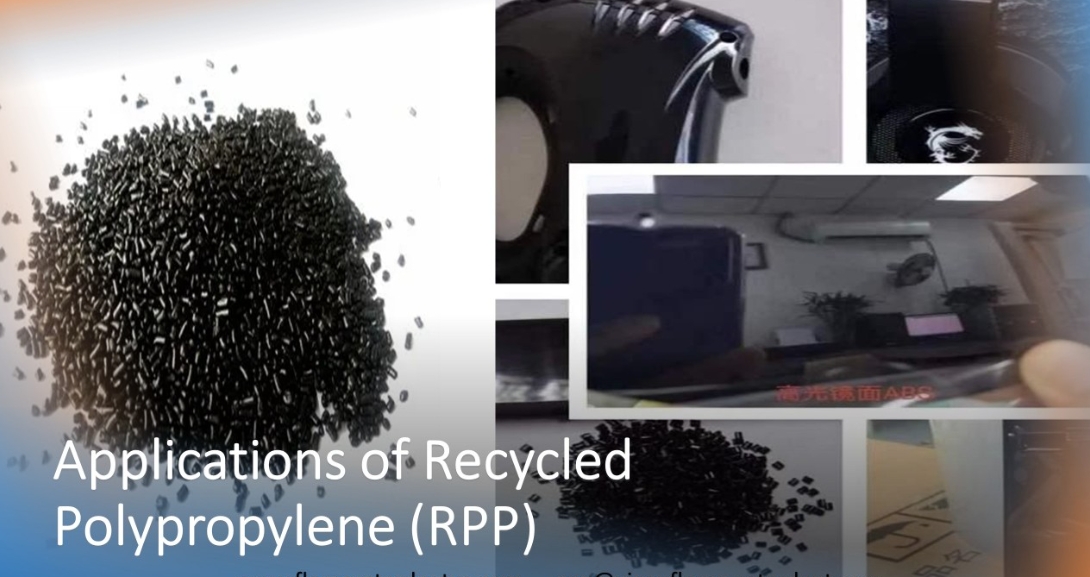Applications of Recycled Polypropylene(RPP)
Recycled polypropylene (rPP) has a wide range of applications across various industries. As an environmentally friendly alternative to virgin polypropylene, rPP offers numerous benefits while reducing the environmental impact of plastic waste.

One of the key applications of rPP is in the packaging industry. It can be used to produce a variety of packaging materials, including bottles, containers, and bags. With its durability and strength, rPP provides a sustainable solution for packaging needs while reducing the reliance on virgin plastics. Additionally, rPP can be used in the production of food-grade packaging, ensuring the safety and quality of food products.
The automotive industry also benefits from the use of rPP. It can be incorporated into various automotive components, such as interior trim, bumpers, and dashboard panels. The lightweight nature of rPP makes it an ideal choice for reducing the overall weight of vehicles, leading to improved fuel efficiency and reduced carbon emissions.
In the construction sector, rPP can be used in the production of pipes, fittings, and insulation materials. Its resistance to moisture and chemicals makes it a suitable choice for these applications. By utilizing rPP in construction projects, the industry can contribute to a more sustainable and eco-friendly approach to building.
Another significant application of rPP is in the manufacturing of furniture and household products. From chairs and tables to storage containers and kitchenware, rPP offers a durable and cost-effective alternative to virgin plastic materials. By incorporating rPP into these products, manufacturers can reduce their environmental footprint and contribute to a circular economy.
The textile industry also benefits from the use of rPP. It can be blended with other fibers to create sustainable fabrics for clothing, upholstery, and carpeting. The versatility of rPP allows for the production of textiles with various properties, such as moisture-wicking and stain resistance.
Furthermore, rPP can be used in the production of consumer goods, such as toys, electronics, and appliances. Its versatility and strength make it suitable for a wide range of applications in these industries.
As the demand for sustainable materials continues to grow, the applications of rPP are expected to expand further. With advancements in recycling technology and increased awareness of the environmental benefits of rPP, more industries are likely to adopt its use in their products and packaging.
In conclusion, recycled polypropylene offers a sustainable and environmentally friendly alternative to virgin plastic materials. Its applications span across various industries, including packaging, automotive, construction, furniture, textiles, and consumer goods. By incorporating rPP into their products, industries can contribute to a circular economy and reduce the environmental impact of plastic waste.
Post time: Mar-29-2024
